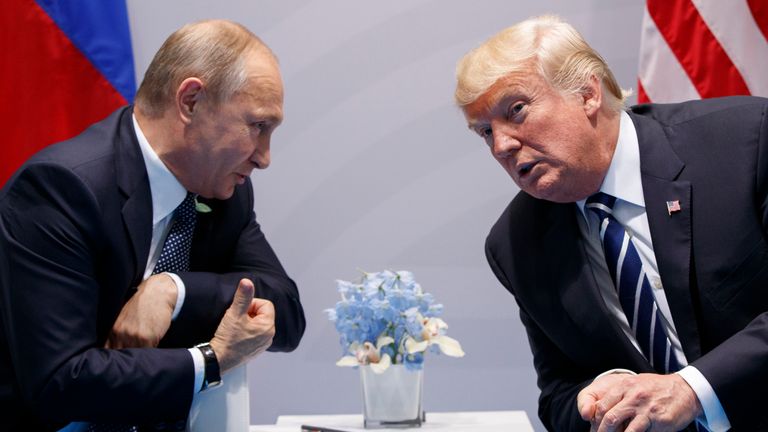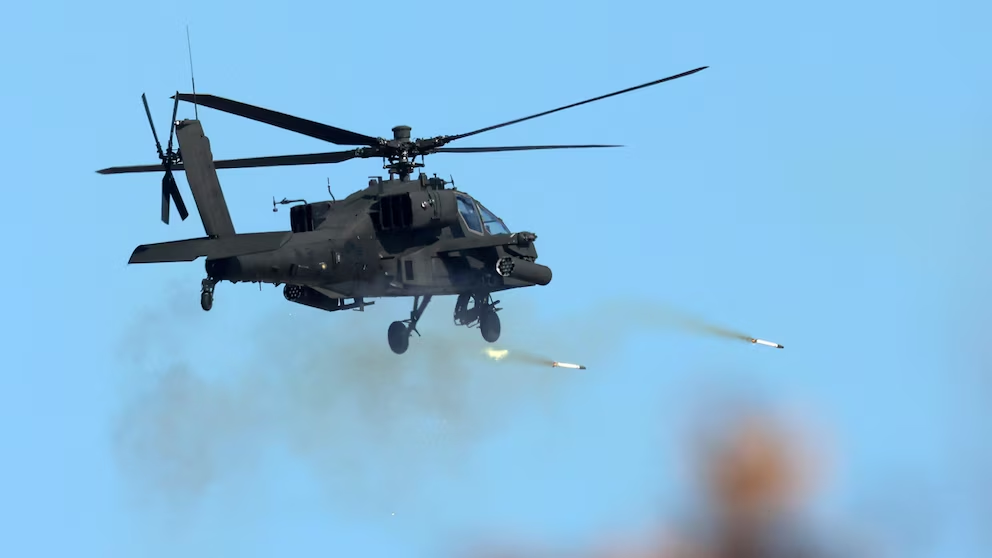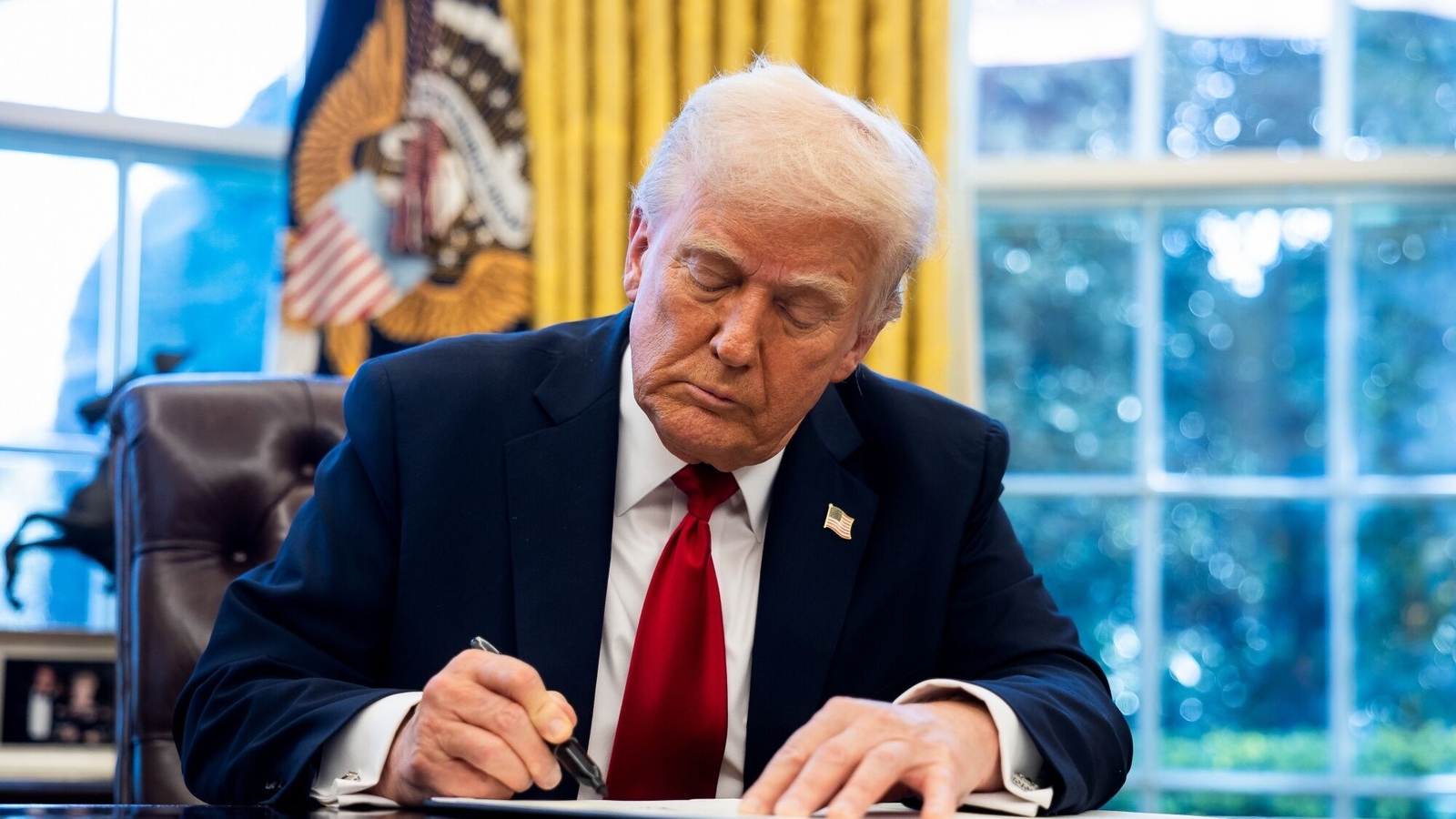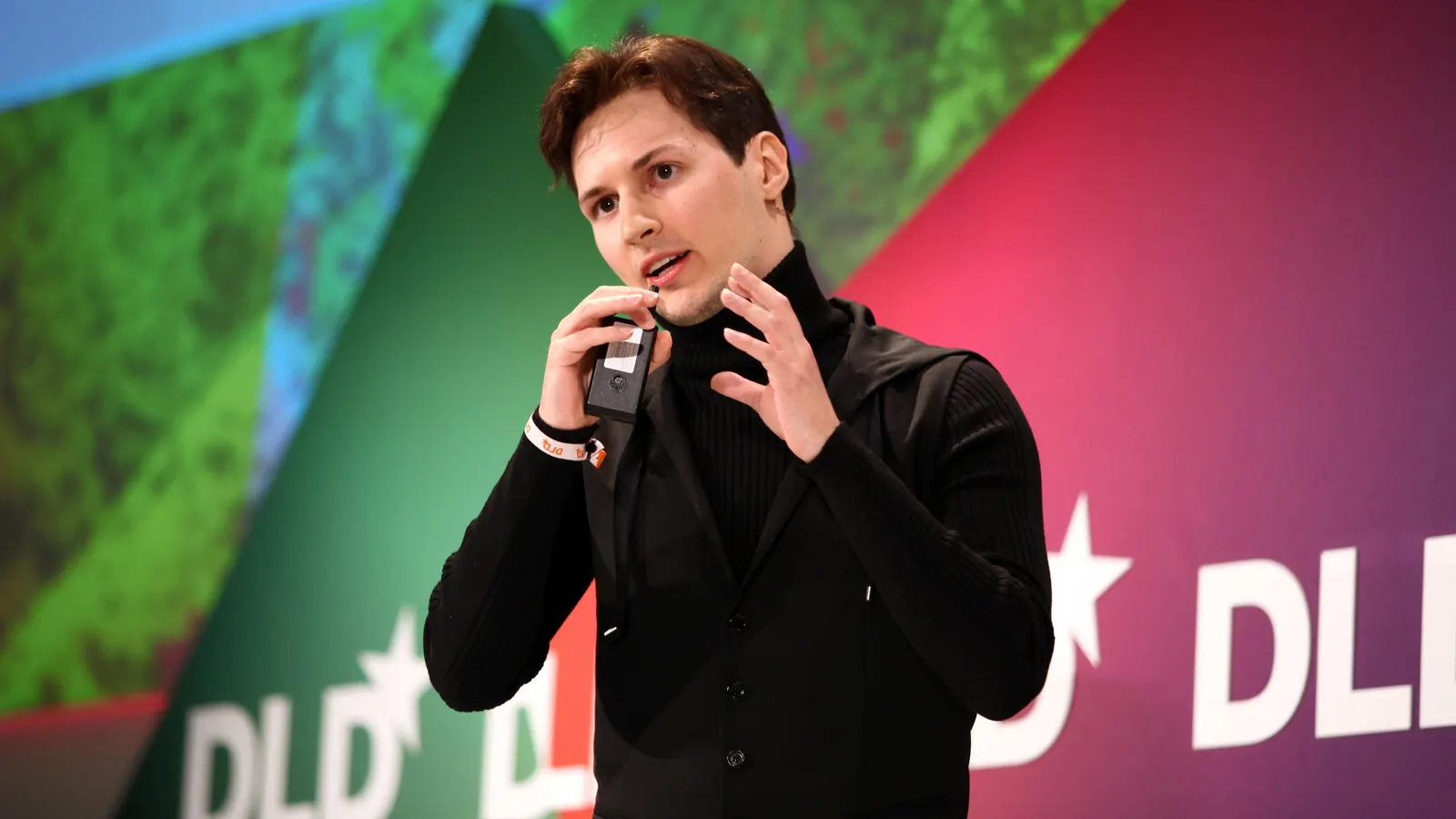Steve Witkoff, appointed by President Donald Trump as the U.S. Special Envoy to the Middle East, recently characterized Russian President Vladimir Putin in a favorable light during discussions aimed at resolving the ongoing conflict in Ukraine. In a podcast interview with Tucker Carlson, Witkoff stated, “I don’t regard Putin as a bad guy. That is a complicated situation, that war, and all the ingredients that led up to it.”
Witkoff also revealed that Putin prayed for President Trump following an assassination attempt during a rally in Butler, Pennsylvania, last July. Putin, considering Trump a personal friend, visited his local church to pray for his safety. Additionally, Putin commissioned a portrait of Trump, which he gifted to the U.S. President.
These remarks have sparked discussions regarding Witkoff’s impartiality in mediating the Ukraine conflict, especially given his positive depiction of Putin. Critics express concern that such views could influence the neutrality required for effective diplomacy in the region.
Witkoff’s comments come amid ongoing efforts to negotiate a ceasefire in Ukraine. Despite proposals for a 30-day ceasefire, Putin has rejected these initiatives, and hostilities continue, with both Ukraine and Russia attacking each other’s infrastructure. This underscores the complexity of achieving peace in the region and highlights the challenges faced by diplomats like Witkoff in navigating these intricate geopolitical dynamics.




